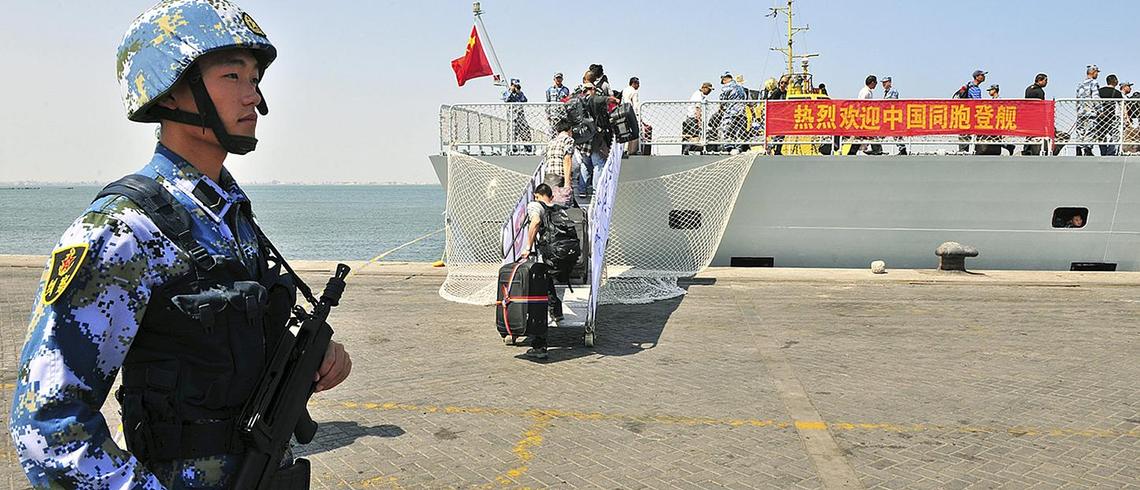
Deniz ÜNVER
Independent Researcher
With its location in between Asia, Africa, and Europe, it is no doubt that the Eastern Mediterranean occupies a significant place in global commerce.[1]. In addition to this, its strategic location provides the shortest sea route between Asian and European markets[2]. As a matter of fact, approximately 12 percent of global trade and goods, worth more than 1 trillion dollars, passes through the Eastern Mediterranean annually[3]. The region’s position as a route for energy transportation is another notable point,[4] since almost 70 percent of Europe’s energy demand is transported through the Mediterranean Sea[5]. In this respect, the People’s Republic of China is one of the major global actors that show great interest in the region.
China is accepted as a newcomer in the region even though it has increased its economic influence in the Mediterranean[6]. The region is essential for China since the eastern Mediterranean Sea constitutes a crucial part in China’s Belt and Road Initiative (BRI). So far, China has made itself apparent in many of the countries in the region. For instance, it is known that it has invested in the Suez Canal Industrial Zone in Egypt[7]. Also, China has been building the ports of Egypt’s New Administrative Capital. The country has been involved and invested in many clean energy projects in Greece[8]. Moreover, it is known that China has been involved in many projects on transportation, technology, and other industries in Israel,[9] while the Emba Hunutlu power station constitutes the largest Chinese investment in the country. In the case of Israel, the aim of Beijing can be explained as seeking a way to access to the high-tech industry of Israel, which has alarmed the US[10]. In Turkey, China has been in negotiation to finance the Canal İstanbul project[11], while the private sector of China has participated in mining, transportation, and energy projects in the country[12]. Another striking example is the case of Libya. In Libya, Petro China, which is a state-run company of China, has engaged in business with the National Oil Corporation (NOC)[13]. In Syria, China has engaged in a reconstruction role since 2017.[14] Finally, in the north of Lebanon, China is expected to be involved in the expansion of the Tripoli port[15].
It can be said that China’s port construction is crucial for the Chinese influence in the world. Even though the Chinese government does not officially explain its overseas activities, publicly available information shows that China currently has a foothold in at least 100 ports in 63 countries[16]. For this reason, China has invested heavily in the ports in the Mediterranean to increase its influence in the region just as in the other parts of the world[17]. The Pireus Port in Greece (which is crucial for China’s trade with the European Union)[18]; Cherchell in Algeria; Port-Said and Alexandria in Egypt; the ports of Ashdod and Haifa in Israel; the Kumport terminal at Istanbul’s Ambarlı port; and the ports of Savona, Trieste, Genoa, and Naples in Italy[19] are the known examples of Chinese port investment strategy. Indeed, as reports by the official Chinese media have stated, Chinese President Xi Jinping has visited a port almost every year ever since 2013,[20] which shows the importance attributed to the international ports invested by Beijing.
Apart from economic relations, Beijing has increased its military presence in the Mediterranean as well. Accordingly, in May 2015, it conducted its first military exercise in the region with Russia[21]. According to US sources, the Mediterranean has turned into one of the most militarized regions in the world[22].
Nevertheless, the recent political disputes and tensions over the natural resources have shown that the Eastern Mediterranean's security and stability is essenttial for the future of the China’s Belt and Road Initiative[23]. In January 2009, the Greek Administration of Southern Cyprus (GASC), Egypt, Greece, Israel, Italy, Jordan, and Palestine participated the EastMed Gas Forum[24] and the exclusion of Turkey intensified the existing tensions in the Mediterranean. The statements of Turkish President Recep Tayyip Erdoğan and Greek Prime Minister Kyriakos Mitsotakis were the sharpest indicators of the conflict which continues in the region[25]. Moreover, the presence of the US navy, which backs Greece and GASC, also deepens the tension between Turkey and Greece/GASC.
It can be suggested that China has so far been careful not to enter in any form of conflict in the region to realize its economic goals. This can be analyzed from many of the Chinese moves towards conflicts in the Mediterranean. For instance, in Syria, Beijing has vetoed UN resolution together with Moscow while putting its embassy in Damascus to work throughout the conflict[26] to increase its level of investments in the country. Another point to remember is that China backed Muammar Gaddafi's regime in Libya during the civil war, which explains the 20 billion dollars’ worth of investment Libya received by the Chinese government.[27] Both examples point out that the Chinese presence in the region is meant to ensure that China achieves its economic ambitions while avoiding military conflicts.
However, different countries in the region have different approaches towards the presence of China. For Turkey, China is seen as a crucial actor for the realization of the Middle Corridor Initiative. With the Middle Corridor Initiative, Turkey plans maximize its strategic location between Asia, Middle East, and Europe by becoming a hub for East-West trade[28]. To do so, Ankara and Beijing have signed a Memorandum of Understanding to unify Turkey’s Middle Corridor Initiative with the Chinese Belt and Road Initiative[29]. This motivation was confirmed with the statement of Adil Karaismailoğlu, Turkey’s Minister of Transport and Infrastructure, who stated that; “with the Middle Corridor, Turkey will turn into a new global logistics base”[30].
It is obvious that Chinese influence has been growing in the Eastern Mediterranean, just as in many other parts of the world in parallel with China’s increasing economic power. Concerning the region, China’s general policy seems to be about avoiding antagonizing any of the regional actors, while China continues negotiations with Turkey on the port of İzmir[31] and Canal İstanbul, both of which occupy strategic places in the future of the BRI. However, the Chinese stance on the Cyprus issue and on Ankara’s position remains ambiguous. China supports the presence of the UN peacekeeping mission in the island while not intervening in any part of the conflict[32]. China has also distanced itself from Turkey’s standoff with some Mediterranean countries over the use of natural resources in the waters surrounding the island of Cyprus. It is an indisputable fact that having the longest coastal line in the Eastern Mediterranean, Turkey stands as a regional power in the Mediterranean whose influence cannot be denied either by China or the rest of the world. Consequently, China’s ultimate stance towards Turkey in the region will have significant geopolitical implications.
*Photograph: https://www.eastasiaforum.org/2017/04/28/are-japan-and-china-competing-in-the-middle-east/
[1] Emre Demir, “Turkey and China in the Eastern Mediterranean: Partners or Competitors?”, Global Voices, September 10,2021,https://globalvoices.org/2021/09/10/turkey-and-china-in-the-eastern-mediterranean-partners-or-competitors/.
[2] Demir, “Turkey and China in the Eastern Mediterranean: Partners or Competitors?”.
[3] Demir, “Turkey and China in the Eastern Mediterranean: Partners or Competitors?”.
[4] Demir, “Turkey and China in the Eastern Mediterranean: Partners or Competitors?”.
[5] Demir, “Turkey and China in the Eastern Mediterranean: Partners or Competitors?”.
[6] Plamen Tonchev, “A New Kid on the Block? China in the Security Conundrum of the Eastern Mediterranean”, Real Instituto El Cano, https://blog.realinstitutoelcano.org/en/a-new-kid-on-the-block-china-in-the-security-conundrum-of-the-eastern-mediterranean/.
[7] Demir, “Turkey and China in the Eastern Mediterranean: Partners or Competitors?
[8] Demir, “Turkey and China in the Eastern Mediterranean: Partners or Competitors?
[9] Demir, “Turkey and China in the Eastern Mediterranean: Partners or Competitors?
[10] Tonchev, “A New Kid on the Block? China in the Security Conundrum of the Eastern Mediterranean”.
[11] Tonchev, “A New Kid on the Block? China in the Security Conundrum of the Eastern Mediterranean”.
[12] Demir, “Turkey and China in the Eastern Mediterranean: Partners or Competitors?”
[13] Tonchev, “A New Kid on the Block? China in the Security Conundrum of the Eastern Mediterranean”.
[14] Tonchev, “A New Kid on the Block? China in the Security Conundrum of the Eastern Mediterranean”
[15] Tonchev, “A New Kid on the Block? China in the Security Conundrum of the Eastern Mediterranean”
[16] John Xie, “China’s Global Network of Shipping Ports Reveal Beijing’s Strategy”, VOA, September 13, 2021, https://www.voanews.com/a/6224958.html.
[17] Alice Ekman, “China in the Mediterranean: An Emerging Presence”, OCP Policy Center, September 2018, https://www.policycenter.ma/sites/default/files/Ekman_China_Mediterranean_2018_0.pdf.
[18] Selçuk Aydın and Ali İhsan Kahraman, “China and the East Mediterranean Disputes”, TRT World, July 4, 2019, https://www.trtworld.com/opinion/china-and-the-east-mediterranean-sea-disputes-27998.
[19] Ekman, “China in the Mediterranean: An Emerging Presence”.
[20] Xie, “China’s Global Network of Shipping Ports Reveal Beijing’s Strategy”.
[21]Demir, “Turkey and China in the Eastern Mediterranean: Partners or Competitors?”.
[22]Plamen Tonchev, “A New Kid on the Block? China in the Security Conundrum of the Eastern Mediterranean”.
[23] Aydın and Kahraman, “China and the East Mediterranean Disputes”.
[24] Demir, “Turkey and China in the Eastern Mediterranean: Partners or Competitors?”.
[25] Aydın and Kahraman, “China and the East Mediterranean Disputes”.
[26] Tonchev, “A New Kid on the Block? China in the Security Conundrum of the Eastern Mediterranean”.
[27] Tonchev, “A New Kid on the Block? China in the Security Conundrum of the Eastern Mediterranean”
[28] Demir, “Turkey and China in the Eastern Mediterranean: Partners or Competitors?”.
[29] Demir, “Turkey and China in the Eastern Mediterranean: Partners or Competitors?”
[30] Demir, “Turkey and China in the Eastern Mediterranean: Partners or Competitors?”
[31] Demir, “Turkey and China in the Eastern Mediterranean: Partners or Competitors?”.
[32] Tonchev, “A New Kid on the Block? China in the Security Conundrum of the Eastern Mediterranean”.
© 2009-2025 Avrasya İncelemeleri Merkezi (AVİM) Tüm Hakları Saklıdır
Henüz Yorum Yapılmamış.
-
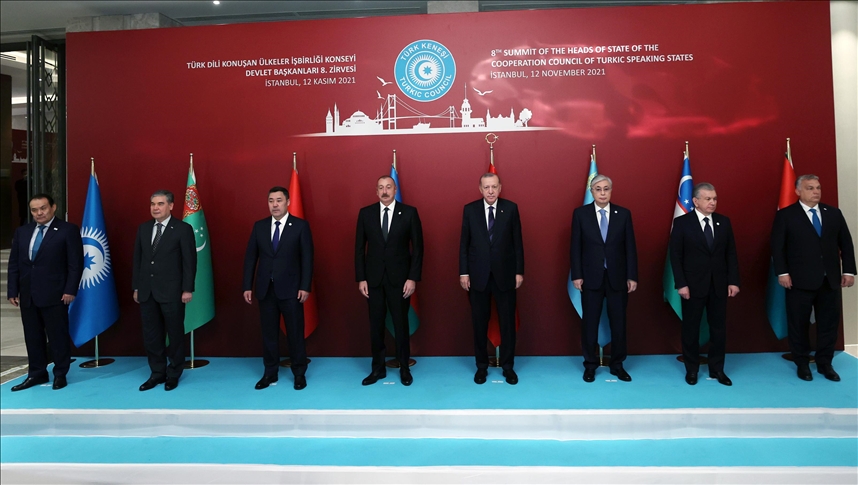 TURKIC WORLD ON RISE: THE SUMMIT OF THE ORGANIZATION OF TURKIC STATES - 06.12.2021
TURKIC WORLD ON RISE: THE SUMMIT OF THE ORGANIZATION OF TURKIC STATES - 06.12.2021
Deniz ÜNVER 06.12.2021 -
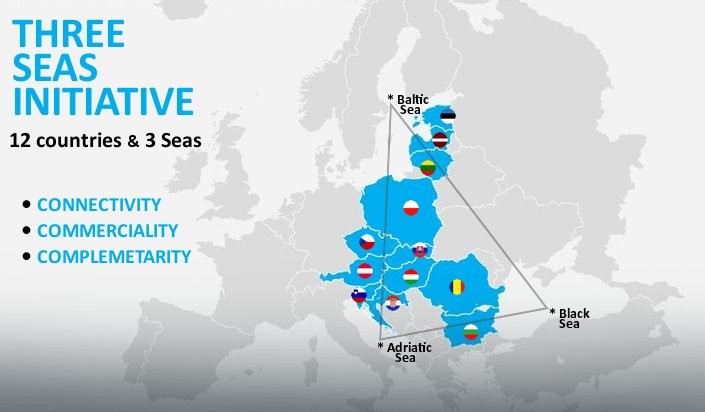 THREE SEAS INITIATIVE (3SI): A WESTERN ATTEMPT AT GREAT POWER COMPETITION - 03.03.2023
THREE SEAS INITIATIVE (3SI): A WESTERN ATTEMPT AT GREAT POWER COMPETITION - 03.03.2023
Deniz ÜNVER 03.03.2023 -
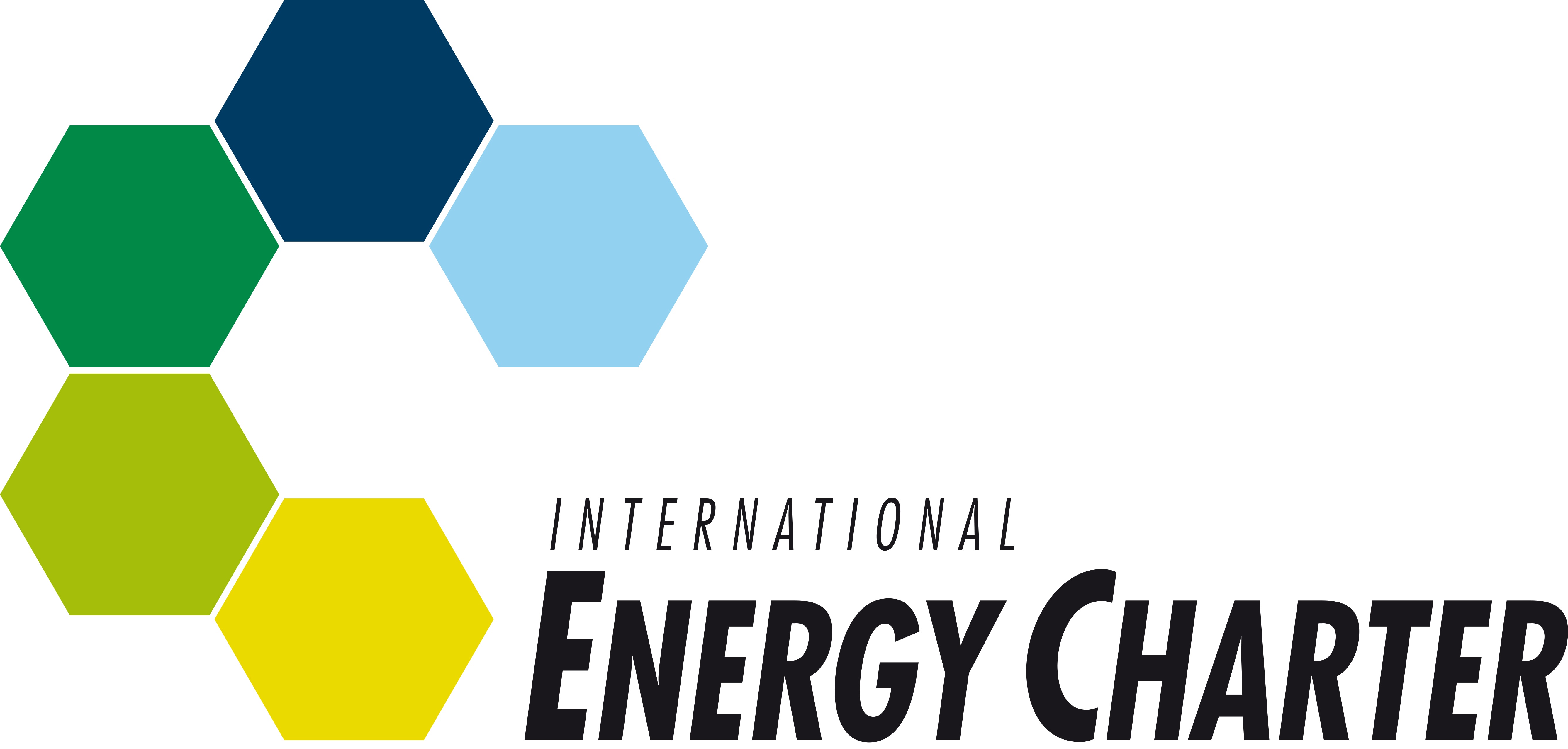 EU’S EXIT FROM THE ENERGY CHARTER TREATY (ECT) - 02.08.2023
EU’S EXIT FROM THE ENERGY CHARTER TREATY (ECT) - 02.08.2023
Deniz ÜNVER 02.08.2023 -
 BLACK SEA ECONOMIC COOPERATION AND SECURITY IN THE BLACK SEA: IN VIEW OF THE DRONE CONFLICT BETWEEN RUSSIA AND THE US - 24.03.2023
BLACK SEA ECONOMIC COOPERATION AND SECURITY IN THE BLACK SEA: IN VIEW OF THE DRONE CONFLICT BETWEEN RUSSIA AND THE US - 24.03.2023
Deniz ÜNVER 24.03.2023 -
 G20 ZİRVESİ VE İLETTİĞİ MESAJ - 30.11.2022
G20 ZİRVESİ VE İLETTİĞİ MESAJ - 30.11.2022
Deniz ÜNVER 30.11.2022
-
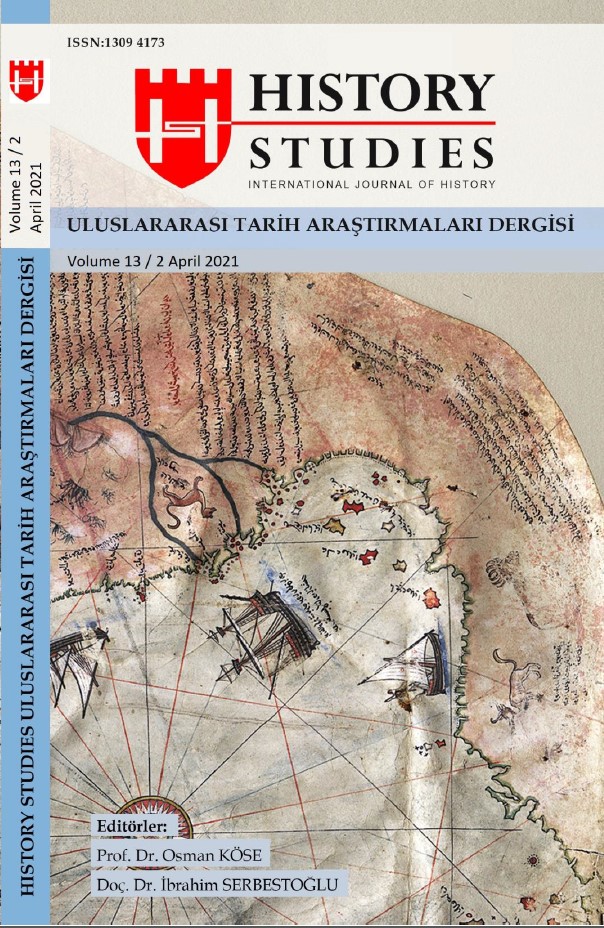 HISTORY, JOURNALISM AND PROPAGANDA: ROBERT FISK AND THE "ARMENIAN QUESTION" - HISTORY STUDIES - APRIL 2021
HISTORY, JOURNALISM AND PROPAGANDA: ROBERT FISK AND THE "ARMENIAN QUESTION" - HISTORY STUDIES - APRIL 2021
Jeremy SALT 08.04.2021 -
 AMERİKAN YERLİSİ KÖKENLİ DEB HAALAND’IN ABD İÇİŞLERİ BAKANLIĞINA ADAY GÖSTERİLMESİ - 08.01.2021
AMERİKAN YERLİSİ KÖKENLİ DEB HAALAND’IN ABD İÇİŞLERİ BAKANLIĞINA ADAY GÖSTERİLMESİ - 08.01.2021
Ömer ZEYTİNOĞLU 12.01.2021 -
YENİ SOĞUK SAVAŞ SİLUETİ
Prof. Dr. Alaeddin YALÇINKAYA 31.03.2014 -
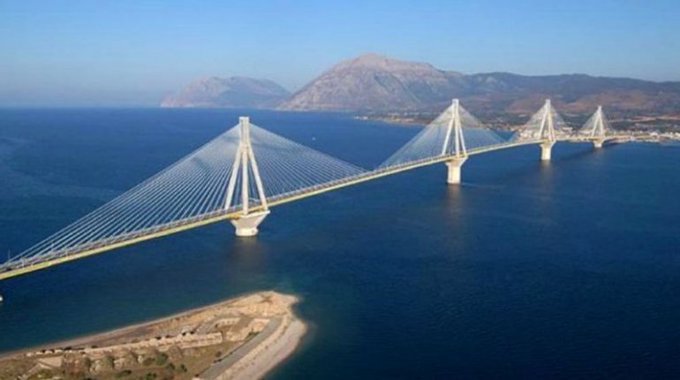 AB’NİN BALKANLAR SINAVI (PELJESAC KÖPRÜSÜ) - 08.03.2021
AB’NİN BALKANLAR SINAVI (PELJESAC KÖPRÜSÜ) - 08.03.2021
Hasan Sevilir AŞAN 08.03.2021 -
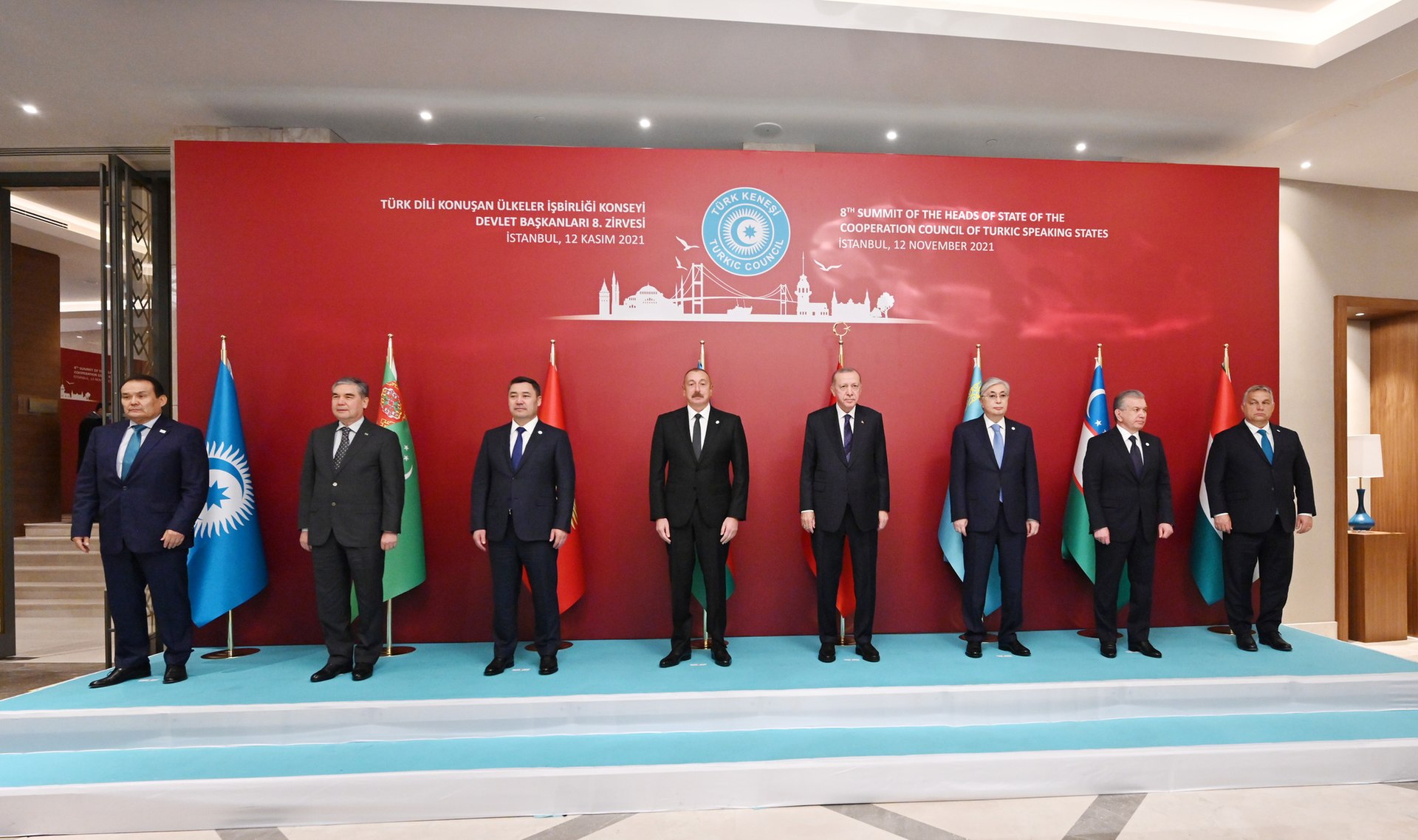 TÜRKLERİN BİRLİĞİ VE BİRLİK DUYGUSUNUN SANCISI - 21.11.2021
TÜRKLERİN BİRLİĞİ VE BİRLİK DUYGUSUNUN SANCISI - 21.11.2021
Alparslan ÖZKAN 26.11.2021


